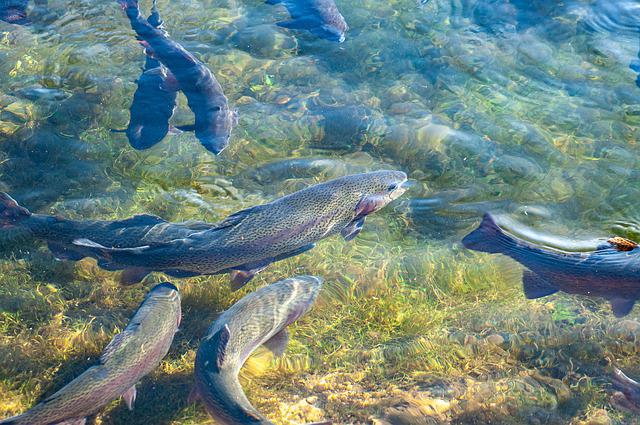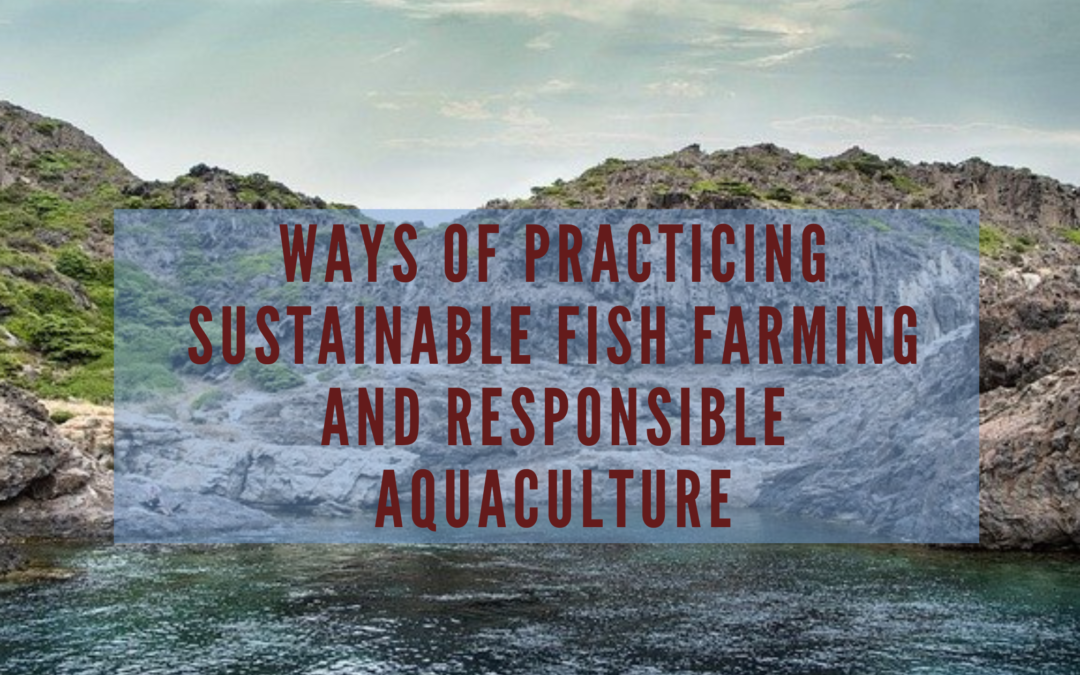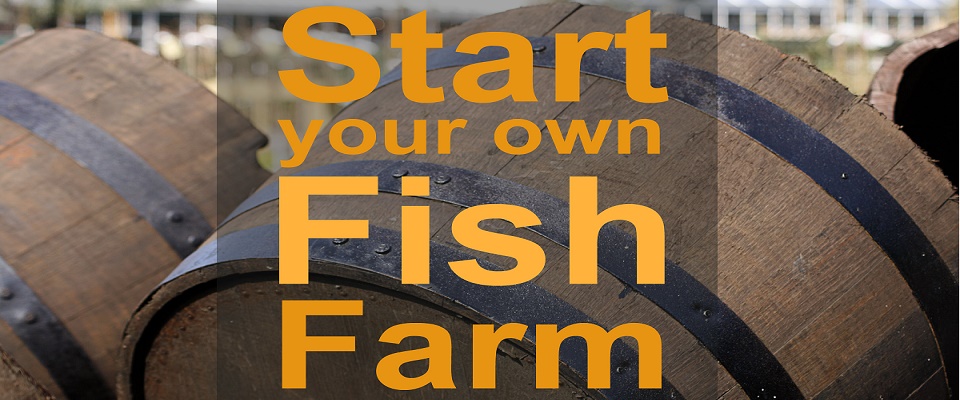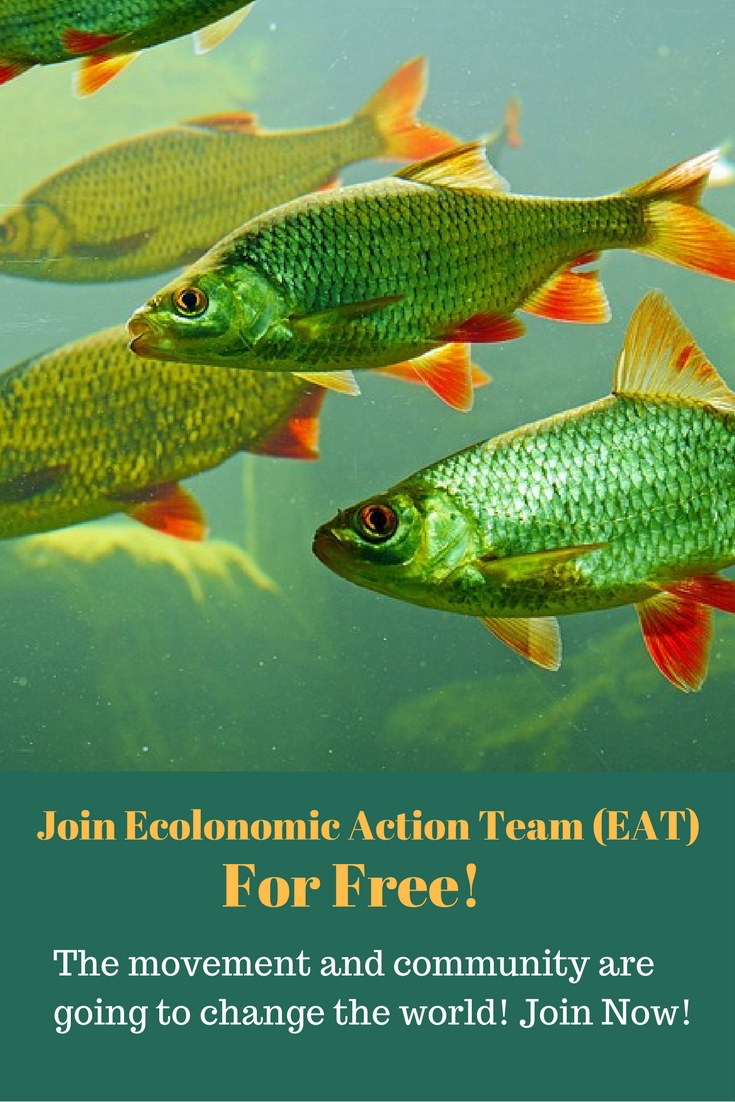Aquaculture production around the world is rapidly increasing. The current annual growth rate is about 8.8%. As long as the demand for quality animal protein continues to increase, the demand for aquaculture will continue to grow. Apart from supplying quality protein to the rising global population, aquaculture is also a huge source of employment, especially in developing countries. Despite the progress that has been realized so far, the explosive aquaculture industry growth has also had a range of challenges.
Factors such as global climate change continue to create water shortages in different regions of the world and this has led to conflicts in water use including that used for aquaculture farming. Reforms are required in the various segments of the aquaculture industry if a more responsible development is to be realized. An integrated view of aquaculture should be adopted, that which takes into consideration economic and environmental sustainability.

Integrated Approaches to Aquaculture Management
Integrated management approaches have the potential of promoting the essential elements of sustainable development, and protecting the environment. It entails connecting aquaculture with other forms of farming for increased food security and biodiversity. The decisions associated with the design of an ecosystem approach need to be grounded on a management framework and holistic methods that take into consideration the interactions and complexity between social, ecological, and economical systems. When designing an integrated aquaculture system, the following factors should be taken into consideration.
- Farmers should be well equipped with the best available scientific knowledge about cultured ecosystems, their processes, and their potential for degradation.
- They should be able to address the impact of seabed geochemical processes and also be able to address any potential changes that might affect biodiversity, habitat, and ecosystem function.
- They should be able to evaluate the potential interactions that tend to exist between different farms within the water bodies and on cultures so as to ascertain the net cumulative environmental effect.
- Ecosystem management should be integrated with other relevant sectors within the management framework that also focuses on economic impacts and social and environmental issues with regard to setting standards for sustainability.
Integrated aquaculture means having different species within aquaculture that depends on the same water source. One of such systems is aquaponics where fish and plants get grown together and nutrient-rich water that’s filled with fish waste gets utilized as fertilizer for the plants.
Ecosystem Management Approach
Integrated aquaculture offers a proven strategy that can help increase production efficiency. With the water crisis issue that’s being experienced in different parts of the world, sufficient use of water should be put in place and an integrated aquaculture system helps with ensuring that. Adopting integrated aquaculture does not only increase productivity in a sustainable manner; it also increases resiliency to climate change. Fish farmers should be ready to demonstrate a responsible approach toward managing environmental impacts that arise as a result of fish farming.
Get more information on how to access practice sustainable fish farming by visiting EAT Community
Related Articles and Resources:
- Advanced Shrimp Aquaculture: Challenges and Future of Shrimp Production
- How Ecosystems are Key to Climate Change Adaptation
- Role and Importance of Aquaculture



